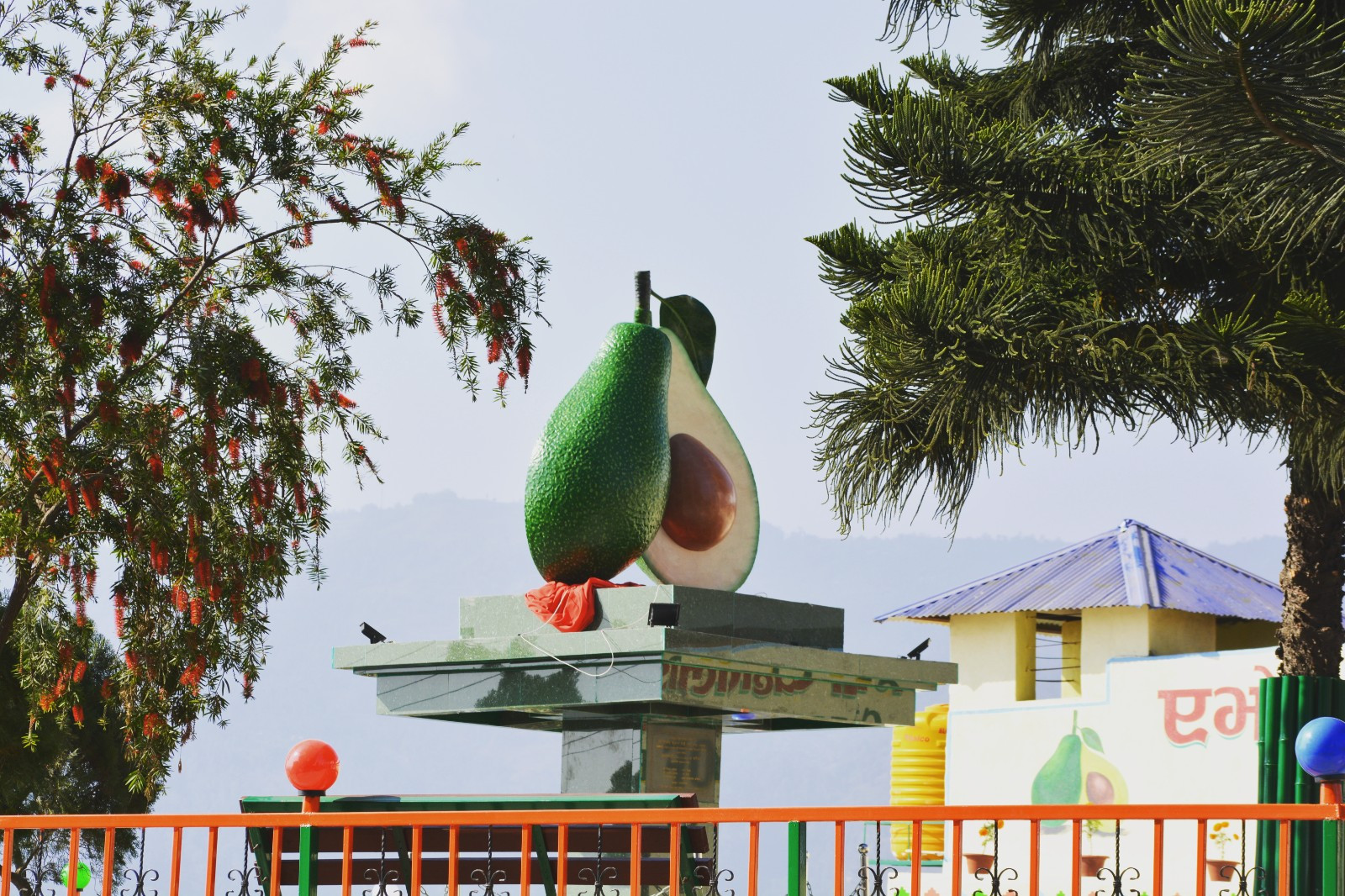Dhankuta Municipality is a hill town and headquarters of Dhankuta Districts located in 1 Number Province of eastern Nepal.
According to recent census of municipality, it has population of 46,440 inhabitants and 8,653 households. Its total area is 110 square kilometers. Established on the 16th December, 1978 AD, this municipality is one of the oldest municipalities in Nepal. In the 4th Five Year Plan, Dhankuta was put forward as the headquarters of the Eastern Development Region. In this municipality, which is ethnically and geographically diverse, different castes have their own original identities and characteristics. Populated by multi-ethnic groups, this town has been a hub of its own typical tradition and indigenous identities. These days, ethnic communities like Athpahariya, Newar, Brahmin, Chhetri, Rai, Limbu, Magar, Sherpa, Tamang, Damai, Kami, Sarki, among others, inhabit this town. This municipality has two towns named Dhankuta and Hile. After the restructuring of local levels of Nepal in 2017, accommodating former Belhara and Bhirgaun Village Development Committees, this municipality, now, has 10 wards. The service is being provided in different areas from 43 offices under the municipality. At present, 163 employees are working in the office and 51 representatives have been elected for a five-year term. The constitution of Nepal has made the executive body accountable to the municipal council. With the aim of promoting avocado as the main product of the region, the municipality declared Dhankuta Municipality as the CAPITAL OF AVOCADO on 22 June 2018 and same year; municipality organized the first Asian Avocado Festival. Also, the government of Nepal has been rewarded by declaring Dhankuta as a CLEAN CITY OF NEPAL as it is an excellent municipality in waste management.






